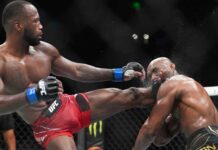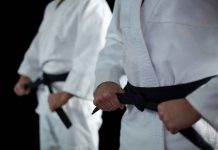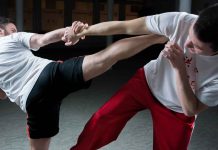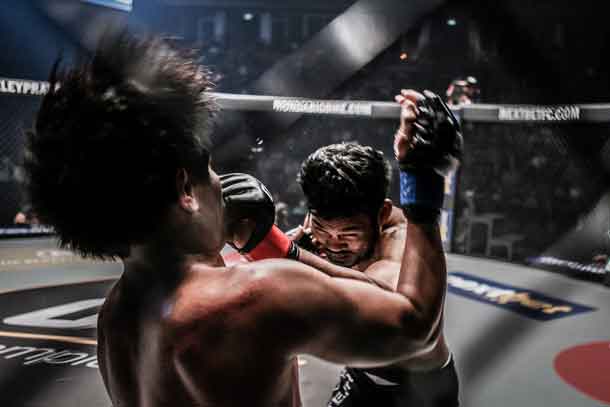

THUNDER BAY – SPORTS – Seen as the most comprehensive way to win in combat sports, knockouts are highly-sought after by audience and athlete alike. However, what is it really like for someone on the receiving end, and how should you act if yourself or a teammate suffers one?
We got Doctor Warren Wang, longtime BJJ practitioner, gym owner, and ONE Vice President of Medical Services, to shed some light on knockouts as part of a series of regular columns by the veteran fight doctor.
POW! BAM! BOOM! WHAM! Like something straight out of a comic book, every combat sport spectator loves a good knockout – a single perfectly-timed blow with enough power to result in an opponent’s loss of consciousness.
Little is known about the exact mechanism why the brain shuts down from a violent impact. The how and why are still a mystery. A brain concussion—similar to shaking a bowl of tofu—or a carotid sinus reflex that detects change in arterial pressure to induce a loss of consciousness, are probably the two main reasons of a knockout.
There are basically two types: a standard knockout which leaves the athlete unconscious for a sustained period of time, usually with a loss of memory, and a flash knockout – a transient loss of consciousness of less than three seconds without loss of memory.
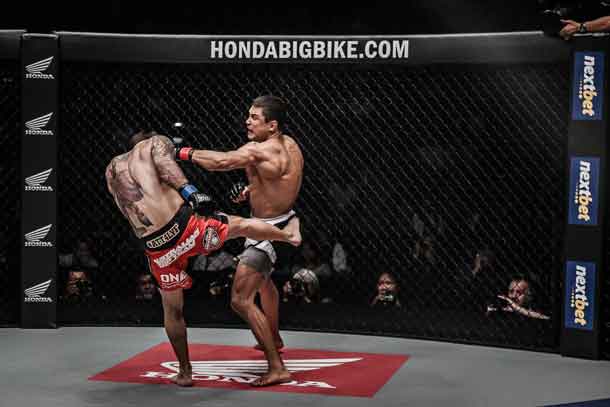
It is important to understand that there are no knockouts too small. Every knockout deserves the full attention of the referee and the cageside physician. After an initial evaluation inside the cage, sufferers are re-examined repeatedly in the post-fight medical room for deterioration of neurological and cognitive status.
Symptoms such as prolonged amnesia, dizziness, vomiting, progressive headache, and seizure would require further investigation at an Emergency Room. Exceptions would be if the athlete suffered a suspected or obvious skull injury, then the athlete would be sent directly to the Emergency Room straight from the cage.
Athletes that are not sent to the Emergency Room are educated by the on-site physician regarding the possibility of delayed brain injury. The athletes are not to be alone for the next 72 hours, and must be under continuous observation by a coach, teammate, or family member.
Any form of brain injury is of a serious concern, so athletes must also allow time for their brain to recover. They will be given a suspension from activities for a certain amount of time by the cageside physician. The athletes are to be evaluated by their doctors when their suspension period is up before starting to resume training.
Whether an athlete is knocked out inside a professional MMA cage or at the gym, the management is the same. Always call for help first, then assess the downed athlete’s airway and protect their neck until they recover. Always have adequate time to rest and for the brain to recover before resuming training. If there is any doubt in your mind, always err on the side of safety and seek a medical professional.
Remember to always train smart, fight hard, and most importantly, stay healthy!
Doctor Warren Wang is ONE Championship’s Vice President of Medical Services. He is a member of the American Ringside Physicians, Taiwan Society of Emergency Medicine, and Taiwan Medical Association.
Doctor Wang has been an active part of MMA in Asia for several years, both as a resident medical consultant and referee for several organisations. He also owns and teaches at the Taiwan Brazilian Jiu-Jitsu Academy, and is the Chairman of the Chinese Taipei Jiu-Jitsu Association.

